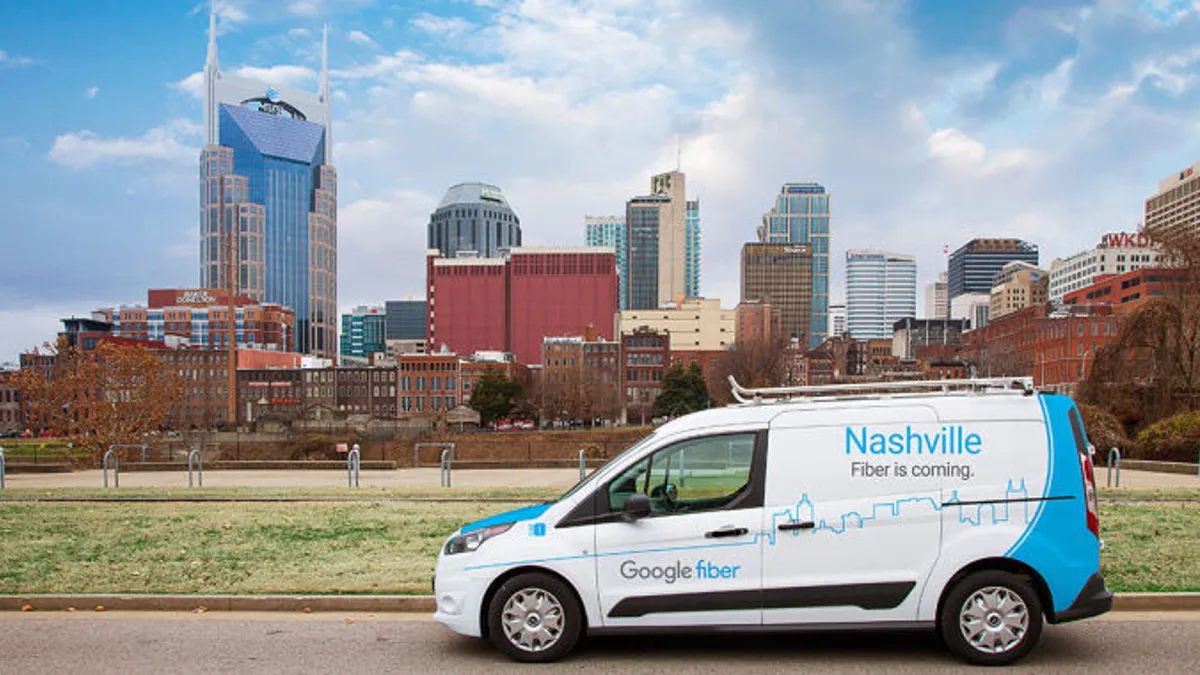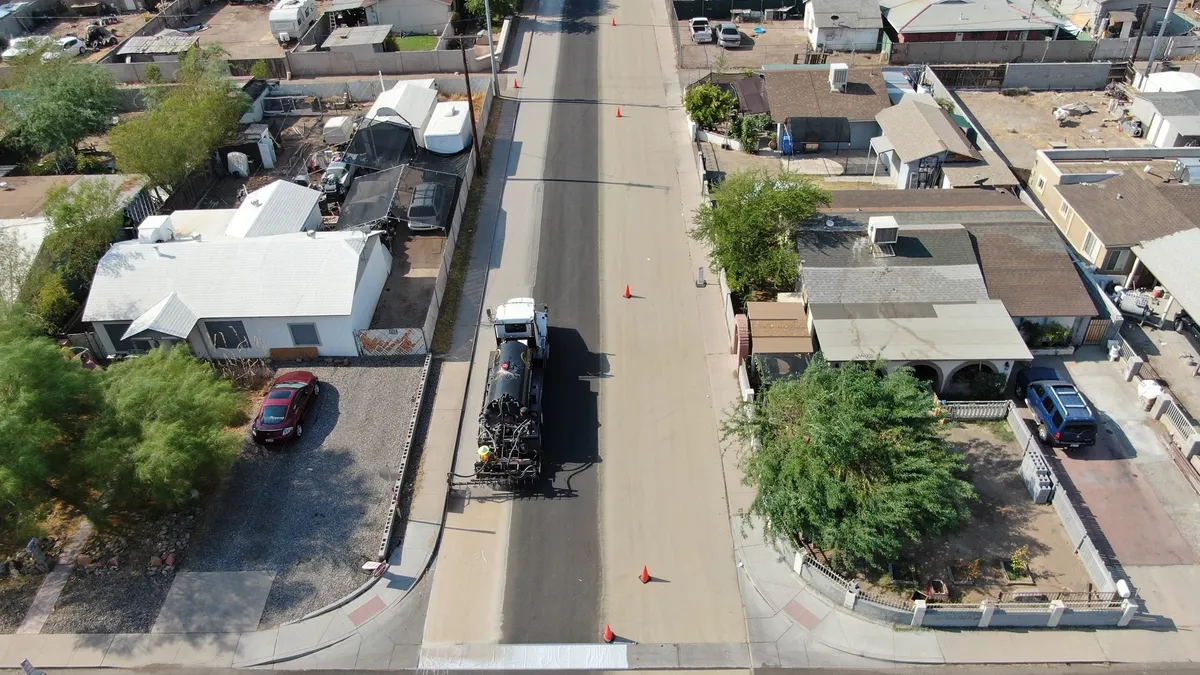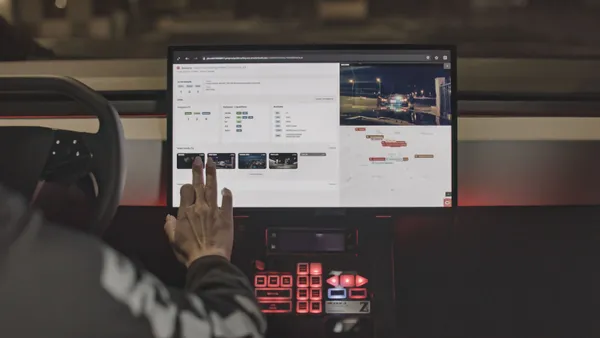Dive Brief:
- The Federal Communications Commission (FCC) is set to vote on and likely approve a new rule that would allow individual companies like broadband providers to install their equipment on utility poles. The "One Touch Make Ready" rule would be a huge boon to Google Fiber, which has been seeking such a policy to speed up its infrastructure rollout.
- Currently, companies must seek approval from utility pole owners and have telecoms install new lines, rather than installing new equipment themselves. If the FCC approves the new policy, a new attacher would be permitted to do the work themselves on "the vast majority of pole attachments."
- A federal judge ruled last November that a "One Touch Make Ready" policy approved by Nashville’s Metro Council in 2016 would not work for poles owned by the Nashville Electric Service and AT&T, saying jurisdiction over pole policies belongs to the FCC.
Dive Insight:
Google Fiber said in a blog post that it "didn't fully appreciate" how access to pole space would be such a barrier to a full rollout of its gigabit-speed fiber internet. That’s been especially true in Nashville, where Google Fiber has been trying to roll out its network since 2015 but hit a roadblock with the November court ruling. The judge’s decision, which followed a lawsuit from Comcast, halted above-ground installation, forcing Google Fiber to focus on more expensive underground trenching.
The FCC has said the order "will serve the public interest through greater broadband deployment and competitive entry" — a sentiment Google has endorsed. The company’s much-hyped high-speed internet has been rolled out in cities like Kansas City and Austin, TX, but larger deployment has been stalled and its expansion has been limited to slower speeds. Eliminating the installation barrier makes it easier for Google and other private companies to deliver high-speed internet to smart cities.
It also comes as cities are looking at new options for expanding broadband access, including municipal networks. PC Mag’s annual survey of internet speeds found that a municipal network in Longmont, CO had the nation’s fastest internet, and said that local companies were leading the way over the larger national companies. Removing barriers to building out internet infrastructure will increase competition — offering cheaper and faster options for consumers — and help private partnerships like the ones sought by Google.










